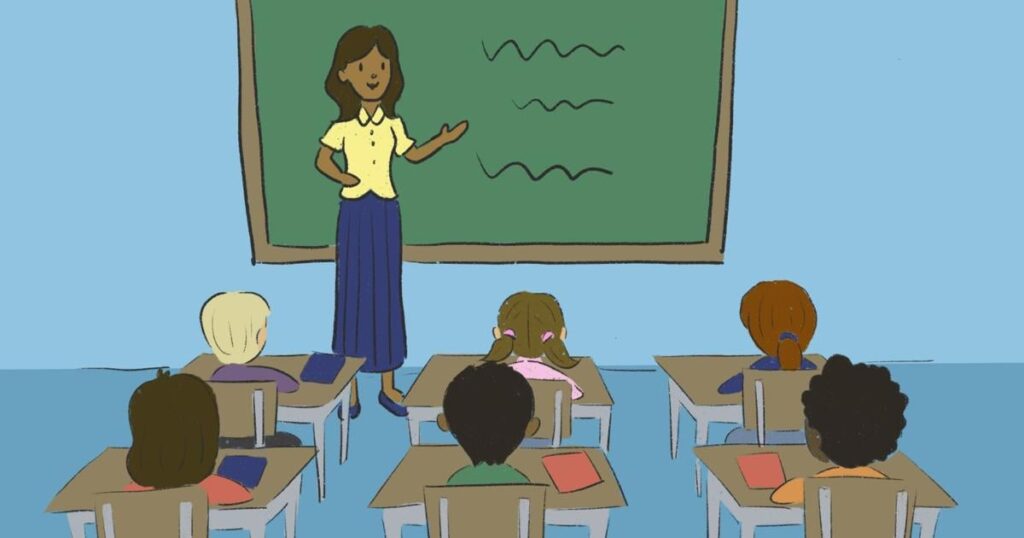The University of Nebraska-Lincoln College of Education and Human Sciences provides an alternative way to get a teaching license through the special education teacher apprenticeship program.
The teacher apprenticeship program gives people the chance to complete their degrees non-traditionally. Apprentices spend six weeks at UNL taking a few classes over literacy, math, behavior management and special education. They then work in an actual school to fulfill other requirements to get their license, according to Sue Kemp, the coordinator of the special education teacher preparation programs. Apprentices get paired with a mentor within one of the school districts. The districts include Lincoln Public Schools and Bruning-Davenport Unified School District.
A $896,000 grant from the Nebraska Department of Education funds the program and covers all expenses for apprentices in the program, Kemp said.
“I am very, very grateful that we received another round of funding, and we can continue to look at really innovative ways to train the best special education teachers,” Sue Kemp, the coordinator of the special education teacher preparation programs, said.
The grant covers expenses such as tuition, fees and books, for 23 apprentices to complete their degree and get their teaching license.
“It takes that financial barrier away from people that qualify to be in the program,” Kemp said.
Along with taking away the financial barrier, the program provides other benefits for apprentices.
“It’s just providing them the support and not just financial support,” Kelley Buchheister, the coordinator of the early childhood inclusive program at UNL, said. “But also mentorship in that process so that they can achieve their goals towards becoming degreed and licensed teachers in the state of Nebraska.”
Both Kemp and Buchheister said one of the main highlights of the program is that it provides another pathway to pursue a degree in early childhood inclusive education.
The program is currently open to those working as paraprofessionals but will also include those with an associate’s degree who want to complete their bachelor’s degree, Buchheister said. Through this program, they can continue working their full-time paraprofessional position while completing their degree.
“It really opens up the doors to allow for really highly qualified people to become special ed teachers,” Kemp said.
The first cohort of eight students completed a pilot of the program in May. All of these students started teaching this school year, Kemp said. The program currently has 21 students and will have 23 in January.
Buchheister said this program is especially important because of the workforce shortage of high-quality educators. Over 760 positions were unfilled or had someone unqualified for the job.
“I think it’s just bringing awareness to the program and recognizing it’s a high needs area,” Buchheister said, “it’s a critical workforce that we have within our state and just making sure that we can find ways to support early education in the state of Nebraska and making sure that we have access to high-quality education and ensuring that we have high-quality educations that can help our children and families, I think that’s the biggest goals that we have.”

